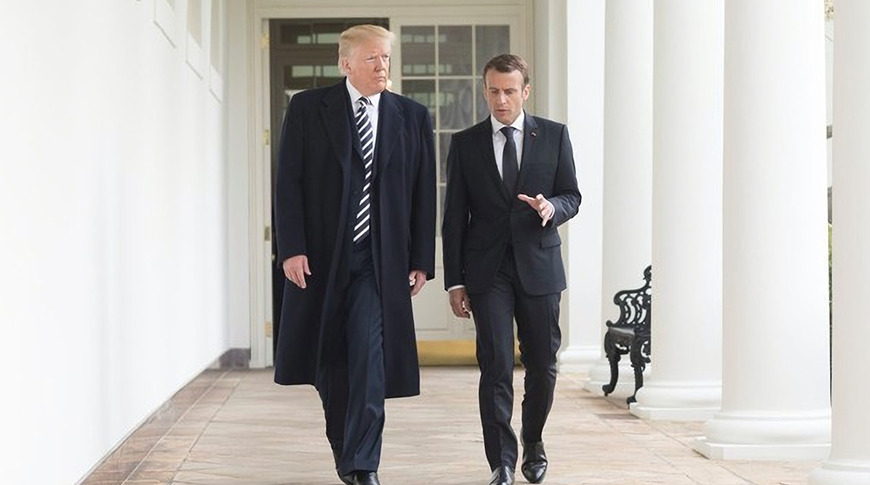The French government is going ahead with its digital tax effort on Apple and other tech multinational companies, and is no longer waiting on an international tax reform effort to do so.
Under pressure from the coronavirus, France is going ahead with its long-standing plan to tax Apple, Google, Facebook, and others.
"Never has a digital tax been more legitimate and more necessary," Finance Minister Bruno Le Maire told Reuters on Monday. "In any case, France will apply as it has always indicated a tax on digital giants in 2020 either in an international form if there is a deal or in a national form if there is no deal."
Originally proposed in December of 2018, the so-called GAFA - Google, Apple, Facebook, and Amazon - tax, would apply 3% sales tax on sales generated in France by major multinational firms. France pulled back on demanding the retroactive down payments in January, in an effort to prevent the U.S. from applying tariffs to French-made goods.
"What we're proposing is to give ourselves time and to show our goodwill, to postpone the remaining payments to December," a French Finance Ministry source said at the time, regarding the delay. However, with Monday's statement, this tax may be applied immediately and perhaps retroactively as well.
France has attempted to use the tax to reacquire taxes from revenue that goes through various processes by firms to reduce their outlay, such as the "Double Irish" performed by Apple. The European Union is working to reform taxes across the continent to minimize such activities, but while individual countries can apply regional laws relatively quickly, any Europe-wide measure will take longer to implement.
Major tech companies have come under fire for shifting funds around the European union to minimize their tax outlay, and in some cases funneling revenue through operations in countries with extremely low tax rates or other arrangements. Tax structures have led to criticism from various organizations, and in the case of Apple in France, led to protests in Apple Stores over the use of loopholes.
A 2016 ruling by the European Commission declared Ireland had to collect billions in back taxes from Apple, after being found to have extended preferential tax treatment to the company. Apple has since paid the entire 13.1 billion euro ($15.3 billion) balance, as well as 1.2 billion euro in interest, into an escrow account controlled by the Irish government.
 Mike Wuerthele
Mike Wuerthele







-m.jpg)







 Malcolm Owen
Malcolm Owen

 Amber Neely
Amber Neely
 William Gallagher
William Gallagher




-m.jpg)






21 Comments
Time to hit them back in that case and return the favor.
France is making a serious mistake. They will have to withdraw it. They’re using this as a means to signal to fellow EU countries, who are not in a mood to follow France’s lead. And they think that the US is beleaguered and in no mood to hit back. They couldn’t be more wrong.
Good on them. Nice to see some gumption.
Surely any retrospective aspect would be double taxation seeing as Apple paid the Irish tax bill?
So any retrospective tax should come from the Irish government not Apple.
And yes these possibilities will already be factored in by Apple.